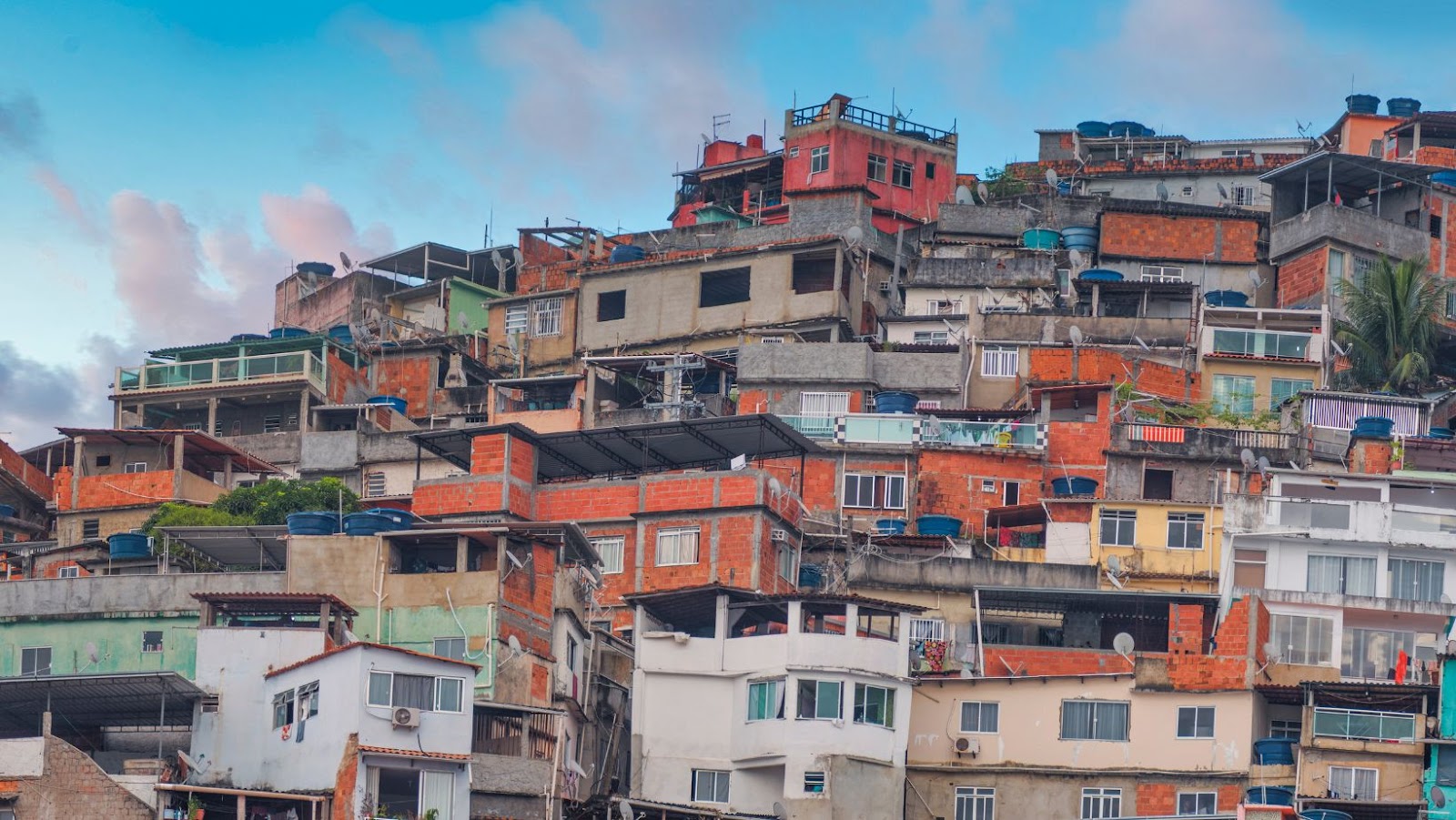
In the annals of Brazilian history, few figures are as emblematic and multifaceted as Juscelino Kubitschek, who ascended to the presidency in 1955. How precisely did this charismatic leader shape the contours of modern Brazil, and what legacy did he leave behind? This inquiry poses a playful yet profound challenge: can we unravel the complexities of Kubitschek’s policies, personality, and impact on a nation grappling with its identity?
To engage fully with this question, we must explore the historical context that set the stage for Kubitschek’s emergence. Born on September 12, 1902, in Diamantina, Minas Gerais, Kubitschek was sculpted by a Brazil that bore the scars of regional disparities, economic challenges, and political upheaval. His ascent was not merely a political coup but a zeitgeist—a manifestation of a nation yearning for modernization amidst a backdrop of conservative ideologies.
Throughout the mid-20th century, Brazil was at a crossroads. The society was bifurcated between agrarian conservatism and burgeoning urban aspirations. Kubitschek tapped into this dichotomy by championing a vision of Brasília—a bold scientific and architectural assertion aimed at relocating the capital from Rio de Janeiro to a site in the nation’s interior. This move symbolized a profound commitment to national integration. But was this vision merely a practical response to economic needs, or did it also serve as a psychological balm for a nation endeavoring to assert its autonomy on the global stage?
Central to understanding Kubitschek’s presidency is his motto: “fifty years in five.” This ambitious slogan encapsulated his doctrine for accelerated economic growth: rapid industrialization and infrastructural development. Vigorously promoting public-private partnerships, he welcomed foreign investments, particularly from the United States, resulting in an unprecedented construction boom. Roads, factories, and hospitals proliferated. However, such swift expansion carried with it latent challenges. Could the nation withstand this frenetic pace of change without succumbing to internal discord?
Kubitschek’s tenure was not solely about tangible advancements; it also heralded significant sociopolitical shifts. His administration’s inclusive rhetoric appealed to a diverse coalition, fostering alliances with various political factions that had previously been at odds. This collegial approach was innovative, yet it masked underlying tensions—class struggles, ethnic divisions, and the weight of regionalism lingered beneath the surface. The question thus becomes: can unity be achieved in a society rife with disparities, or is it merely a chimera?
Despite great strides in development, Kubitschek’s policies were not without unfavorable consequences. The dalliance with foreign capital often engendered economic dependency, compelling Brazil to adapt to external dictates in lieu of authentic self-determination. Moreover, the financial strains resulting from expansive spending prompted rising inflation and debt, sowing seeds of discontent among the populace. As Kubitschek’s term progressed, disillusionment began to burgeon—was the cost of modernization too steep, and were the sacrifices warranted for a brighter future?
In scrutinizing Kubitschek’s legacy, one must also address the paradox of his approach to governance. He was an architect of monumental infrastructure, yet he presided over a regime that has been critiqued for insufficient attention to human rights and democratic processes. The interplay between ambition and autocracy raises a critical question: can modernity emerge unfettered from the chains of despotism, or do they necessarily coalesce?
Kubitschek’s presidency culminated in both glorification and vilification. His efforts to project Brazil as a burgeoning power in the international arena were substantially realized during the 1959 International Exposition in Brussels, where the Brazil Pavilion showcased the nation’s advancements. Such recognition was momentous, yet the echoes of his controversial governance continued to reverberate long after he left office in 1961. The subsequent military coup in 1964 underscored the fragility of democratic institutions and the volatility of the political landscape he had departed.
In retrospect, Juscelino Kubitschek embodies the duality of progress: a charismatic innovator revered for his visionary pursuits yet critiqued for his governance style and the consequential ramifications of his prolific undertakings. The resultant reflection compels us to ask—a nation’s vitality can be entwined with its leader’s aspirations, but at what cost? As Brazil navigates the complex waters of its past and future, the narratives surrounding Kubitschek challenge contemporary leaders to foster development that embraces integrity, equity, and sustainability as foundational tenets.
The multifaceted legacy of Kubitschek thus presents a rich tapestry worth examining, provoking a conundrum that is as relevant today as it was in the mid-20th century: can Brazil reconcile its ambitions for modernization and development with the necessity of democratic integrity and social justice? The answer lies not in the annals of history but in the ardent spirit of its people, who, inspired by their past, endeavor to craft a future that is both progressive and just.
